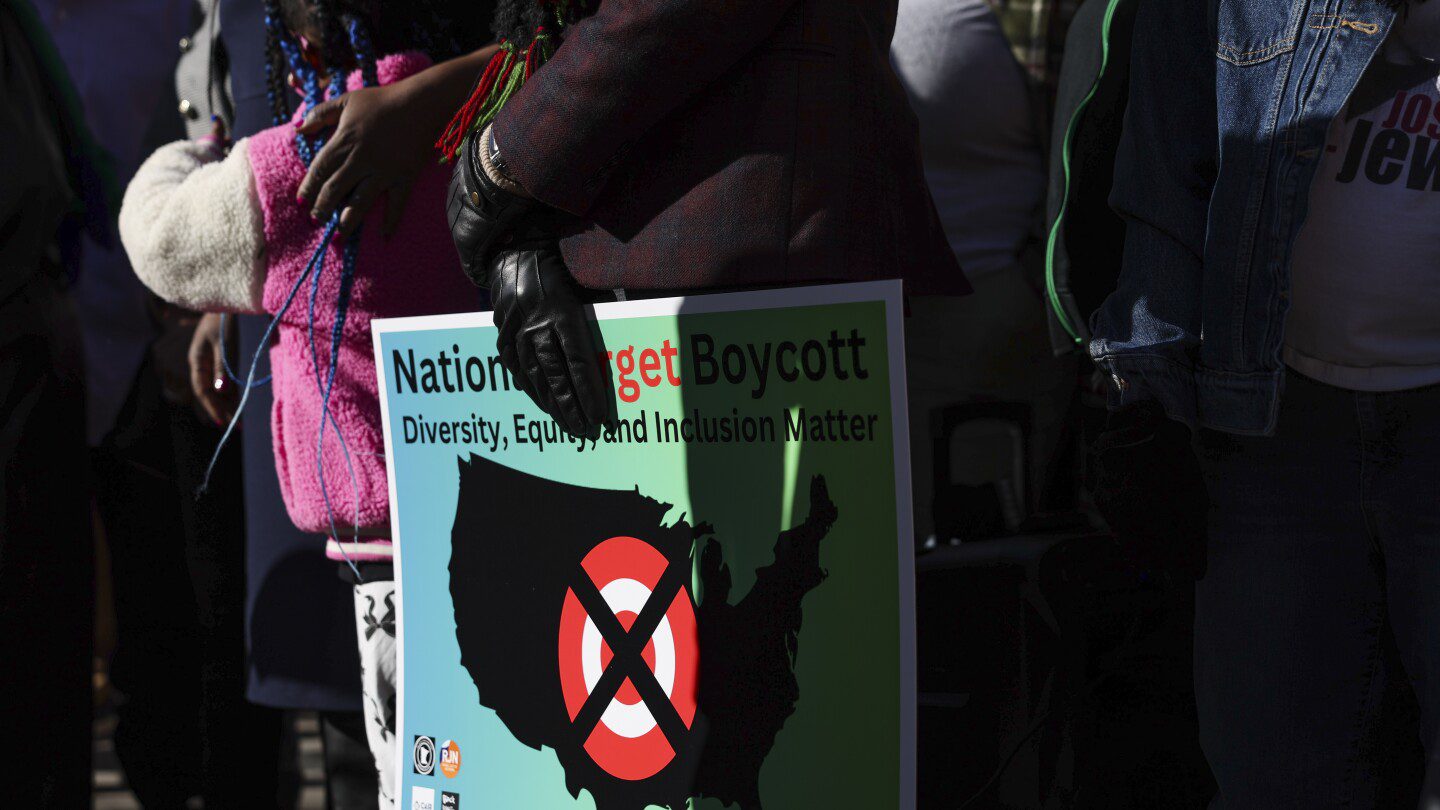
WASHINGTON (AP) — The NAACP is urging Black Americans to leverage their purchasing power by supporting companies that uphold diversity, equity, and inclusion (DEI) initiatives, especially those that have not retreated under conservative pressure. The nation’s oldest civil rights organization has compiled a list of brands that either remain committed to DEI or have reversed their previous stances.
According to the NAACP, the spending guide released on Saturday is essential as DEI programs foster the social and economic growth of Black Americans, who are projected to spend nearly $2 trillion on products and services by 2030, as reported by the McKinsey Institute for Black Economic Mobility.
“Diversity contributes positively to the bottom line,” stated NAACP President Derrick Johnson in an exclusive message to The Associated Press. “In today’s global economy, those who ignore the multicultural essence of both consumerism and business will find themselves lagging behind.”
Keisha Bross, an economic strategist with the NAACP, emphasized that they do not advocate for a “boycott” of any companies. Instead, the organization encourages individuals to support those that align with their values. All consumers are invited to engage with the Black Consumer Advisory.
The NAACP is actively reaching out to executives at various companies that have altered their DEI policies — including Lowe’s, Target, Walmart, Amazon, Meta, McDonald’s, and Tractor Supply. They will update their recommendations as companies either retract or reaffirm their DEI commitments.
The advisory commends Costco for its steadfast commitment, along with other companies such as Apple, Ben & Jerry’s, Delta Airlines, e.l.f. Cosmetics, and JPMorgan Chase & Co.
This initiative emerges as many corporations, governmental bodies, and significant institutions encounter pressure to scale back DEI efforts due to backlash from the Trump administration and Republican-led state governments.
Shortly after assuming office, President Donald Trump enacted an executive order aimed at eliminating what he termed “illegal preferences and discrimination” in government. This directive tasked federal agencies with collaborating with the Justice Department to encourage the private sector to cease illegal discrimination and preferences related to DEI.
DEI initiatives encompass a broad range of programs designed to facilitate fair treatment, unbiased hiring, and collaborative environments among individuals from various backgrounds. These policies can significantly vary, often involving anti-discrimination regulations and training designed to foster inclusive values. Many organizations also employ dedicated staff to oversee DEI implementations.
The advisory specifically identifies companies that are retracting their previous commitments, such as those dissolving diversity officer roles, terminating recruitment practices aimed at enhancing staff diversity, or reducing investments in Black communities, including support for historically Black colleges and universities.
A study conducted by McKinsey revealed that Black Americans are disproportionately more likely to reside in areas lacking access to essential goods and services provided by major corporations.
Johnson, the NAACP president, aims to offer a guiding framework for Black communities as they navigate the challenging decision of where to allocate their financial resources.
“If corporations seek our support, they must be prepared to uphold ethical standards,” he stated.
Trump’s initiatives are currently facing legal challenges. In February, a coalition including the mayor of Baltimore and a university professors’ association filed a lawsuit against the Trump administration, alleging that these orders infringe upon civil rights legislation.
“In his pursuit to undermine diversity, equity, inclusion, and accessibility across the nation, President Trump cannot override Congress’s exclusive financial authority, nor can he suppress dissent by threatening the withdrawal of federal funding and other enforcement measures,” the lawsuit’s plaintiffs asserted.
Further litigation regarding DEI practices in the private sector is on the horizon. The Federal Communications Commission recently initiated legal action against Comcast concerning its DEI policies. In addition, Missouri filed a lawsuit against Starbucks over its DEI practices in February. Notable companies, including Apple, Berkshire Hathaway, Coca-Cola, IBM, Mastercard, and PepsiCo, are facing shareholder proposals that question their DEI strategies.









